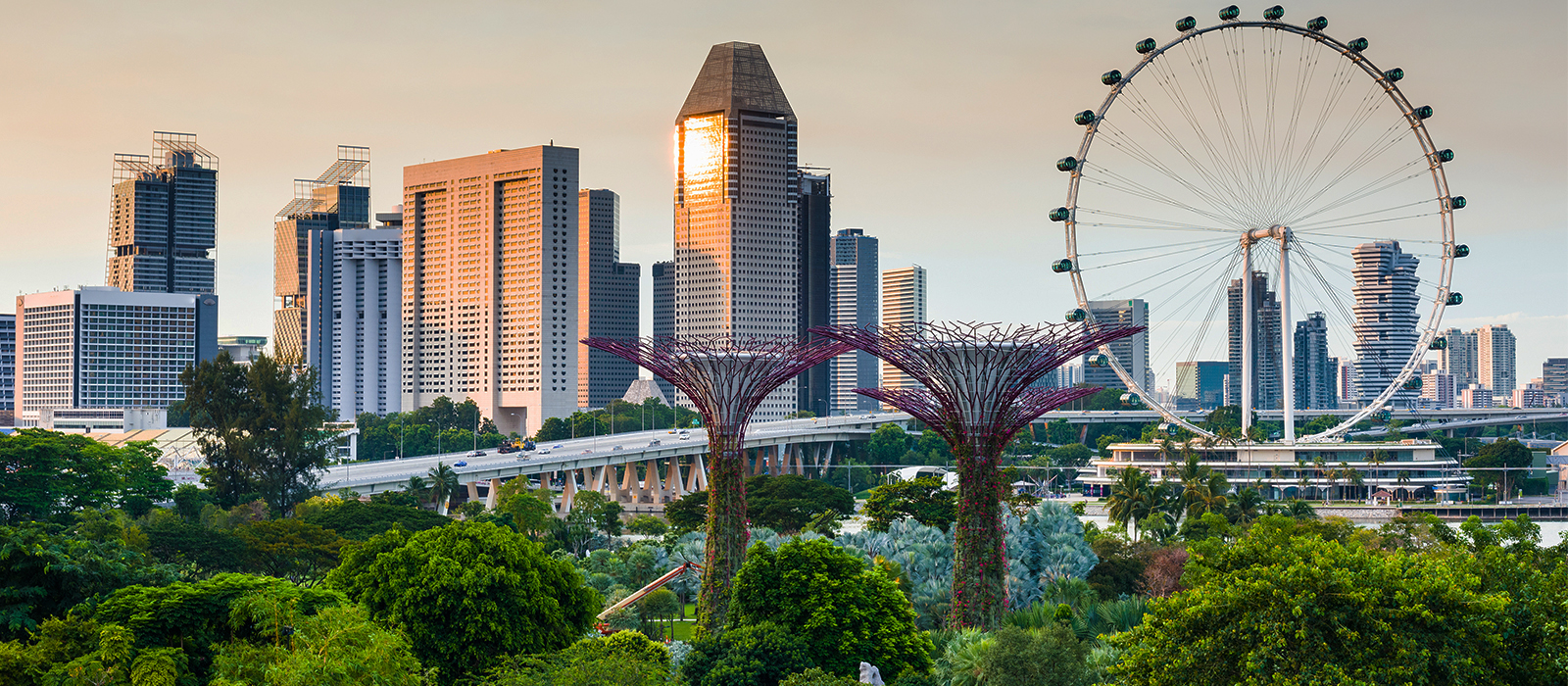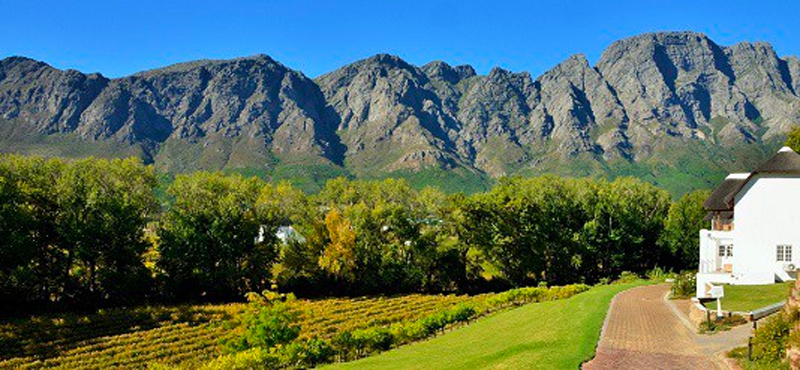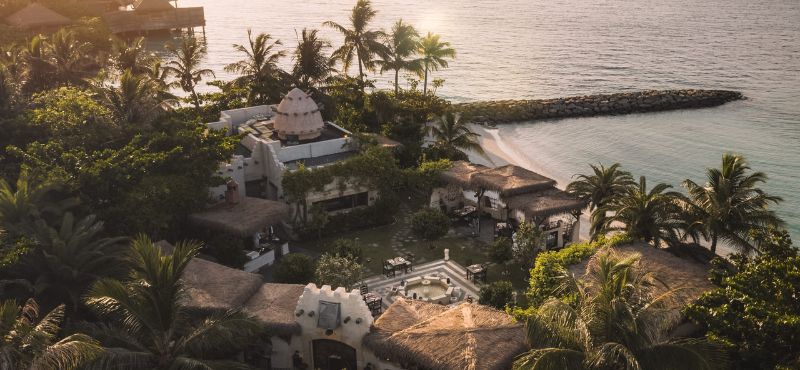Top Destinations for an Eco-Friendly Honeymoon
Planning your honeymoon is one of the most exciting aspects of your post-wedding plans. But if you and your new spouse are keen to celebrate this new chapter while being mindful of the environment, an eco-friendly honeymoon is the perfect choice. In the current climate, couples are now opting for sustainable travel, seeking destinations that prioritise conservation and support local communities.
Without further ado, here are some of the top destinations for an eco-friendly honeymoon:
Eco-Friendly Honeymoon Maldives
The Maldives has long been considered the ultimate luxury honeymoon destination, with its crystal-clear waters, white sandy beaches, and breathtaking overwater villas. But the Maldives has also emerged as a leader in sustainable tourism, with many resorts prioritising eco-friendly practices to protect the delicate marine environment. To reduce their environmental impact, many Maldivian resorts have embraced renewable energy, with solar power playing a key role. Some have even gone a step further by installing floating solar panels in their lagoons, generating clean energy without using valuable land space.
The Maldives is also home to some of the world’s most diverse coral reefs, but climate change and human activity have put these fragile ecosystems at risk. In response, many eco-resorts are actively involved in reef restoration efforts, such as coral planting projects that help rebuild damaged reefs. Guests can even take part in conservation activities, like snorkelling tours led by marine biologists, to gain a deeper understanding of marine life and how to protect it. Freshwater is another precious resource in the Maldives, and sustainable resorts have developed innovative solutions to reduce water waste. Many use desalination plants to convert seawater into drinking water, while others implement advanced waste management systems, such as composting organic waste and recycling greywater for irrigation.
Eco-Friendly Honeymoon Seychelles
The Seychelles is also a pioneer in eco-tourism. Surrounded by crystal-clear waters and thriving coral reefs, this Indian Ocean paradise is committed to preserving its delicate marine and terrestrial ecosystems. However, like many tropical destinations, Seychelles faces environmental challenges, from climate change to human impact on its reefs. To combat these threats, the country has established multiple marine protected areas, restricting fishing and other potentially harmful activities in key zones. Many eco-conscious resorts actively support conservation efforts, funding reef restoration projects and offering guided snorkellingand diving excursions led by marine biologists. As a remote island nation, Seychelles also grapples with waste management, particularly plastic pollution. In response, the government has implemented strict measures, banning plastic bags, straws, and other single-use plastics to protect its pristine environment.
The Seychelles is home to some of the world’s most significant biodiversity hotspots. Several islands have been designated as nature reserves to safeguard endemic species. The Vallée de Mai Nature Reserve, a UNESCO World Heritage Site, shelters the rare Coco de Mer palm, while Curieuse Island serves as a protected haven for the majestic Aldabra giant tortoises

Eco-Friendly Honeymoon Singapore
Known as the “City in a Garden,” Singapore is the perfect honeymoon destination for couples who value sustainability. The city is filled with lush green spaces, vertical gardens, and cutting-edge eco-friendly architecture. One of its most striking attractions, Gardens by the Bay, showcases Singapore’s commitment to environmental sustainability. The SupertreeGrove, with its towering structures covered in greenery, generates solar energy, collects rainwater, and helps purify the air. Many of Singapore’s hotels also embrace green initiatives, featuring rooftop gardens, energy-efficient designs, and water conservation systems. Exploring the city is just as eco-conscious, with an efficient public transport network—including the MRT, electric buses, and cycling-friendly pathways—allowing couples to navigate Singapore while keeping their environmental impact low.
Singapore is also dedicated to conservation and responsible tourism. The Singapore Botanic Gardens, a UNESCO World Heritage Site, preserves thousands of plant species and provides a tranquil escape in the heart of the city. Ethical wildlife experiences are also a priority, with the Mandai Wildlife Reserve focusing on conservation and habitat restoration, while ensuring a humane environment for endangered species.
Eco-Friendly Honeymoon Great Barrier Reef, Australia
The Great Barrier Reef, one of the world’s most awe-inspiring natural wonders, stretches over 2,300 kilometres along the Queensland coast. As the largest coral reef system on the planet, it is home to an incredible array of marine life, including colourful coral, sea turtles, reef sharks, and over 1,500 species of fish. However, this fragile ecosystem is under threat from climate change and human activity. To protect and preserve this natural treasure, Australia has introduced comprehensive sustainability initiatives focused on ensuring the reef’s survival for future generations.
Sustainable tourism plays a crucial role in the reef’s conservation. Eco-certified tour operators now offer responsible snorkelling and diving tours, which follow strict guidelines to minimise environmental impact, such as avoiding anchoring on coral beds, promoting the use of reef-safe sunscreen, and educating guests on the importance of marine conservation. Organisations like the Great Barrier Reef Marine Park Authority (GBRMPA) are instrumental in regulating tourism and enforcing marine protection zones.

Eco-Friendly Honeymoon South Africa
South Africa has emerged as a top destination for sustainable travel, offering eco-conscious visitors the opportunity to experience its breathtaking landscapes while contributing to conservation efforts. The country’s safari industry has embraced eco-tourism, with many lodges and camps focusing on water conservation, solar energy, and community-led wildlife protection. South Africa provides a variety of eco-friendly travel experiences. Visitors can explore the vast wilderness of Kruger National Park, where responsible tourism plays a vital role in funding wildlife conservation, or visit vineyards that practice organic and biodynamic farming.

